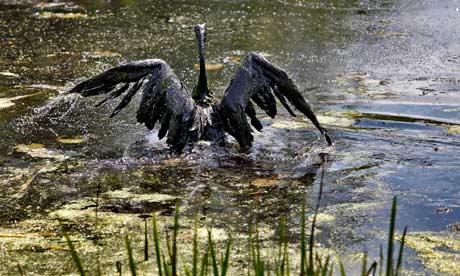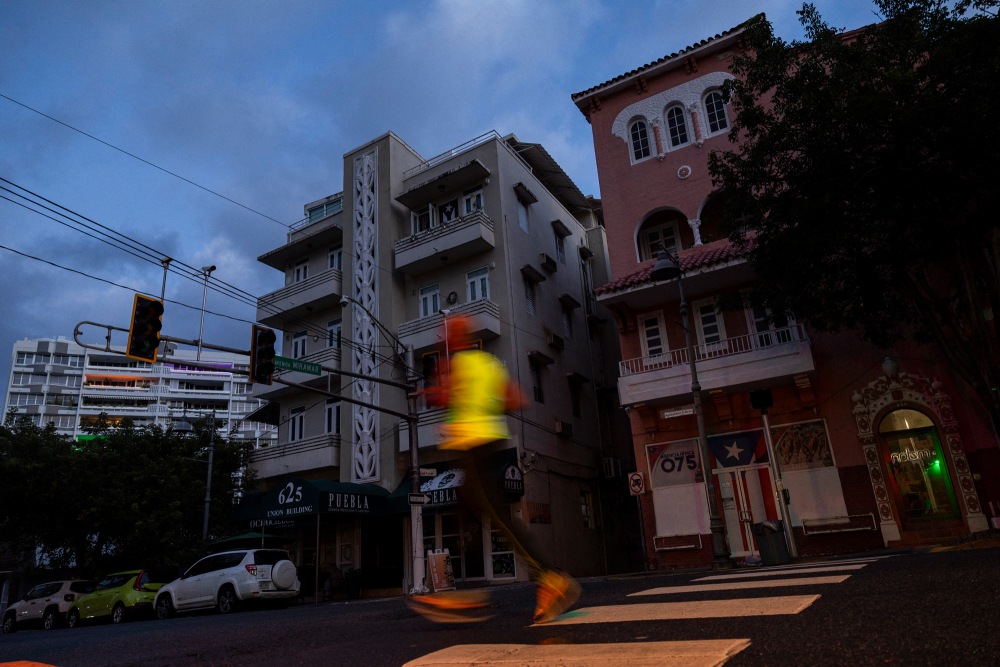 Picture this: a large, multibillion dollar Canadian corporation comes to the president of the United States and wants to build a 1,700-mile oil pipeline from Canada all the way to the Gulf of Mexico.
Picture this: a large, multibillion dollar Canadian corporation comes to the president of the United States and wants to build a 1,700-mile oil pipeline from Canada all the way to the Gulf of Mexico.
After reviewing the project, it becomes clear that instead of reducing America's reliance on oil from overseas, this pipeline would carry oil across America, risking spills on our land and waters, just to export the oil to other countries. In addition, the pipeline would increase gasoline prices in America, add to our air pollution, and most importantly, be a major setback in the fight to reverse global warming.
Clearly, the president would say no to Big Oil on this one, wouldn't he?
This is the exact question facing President Obama as he reviews TransCanada's proposed Keystone XL tar sands oil pipeline. Keystone XL could carry up to 900,000 barrels of dirty tar sands oil across America every day. Producing and refining tar sands oil is energy-intensive, and releases 82% more greenhouse gas emissions, as well as more poisonous mercury and arsenic, compared to conventional oil. Piping corrosive tar sands oil is risky, and Keystone XL would run over an aquifer that provides drinking water for millions of Americans.
Perhaps the Keystone XL decision has not been clear-cut for the Obama administration since the State Department, the agency in charge of the pipeline review, selected a contractor hand-picked by TransCanada to conduct environmental reviews. Cardno Entrix, the contractor selected, had financial ties to TransCanada and lists TransCanada as a "major client".
More...





 As parts of the central U.S. recover from a deadly outbreak of severe weather, a line...
As parts of the central U.S. recover from a deadly outbreak of severe weather, a line... The island of Puerto Rico is suffering another island-wide power outage, just months after a dayslong...
The island of Puerto Rico is suffering another island-wide power outage, just months after a dayslong... Letters went out to hundreds of workers at the National Oceanic and Atmospheric Administration (Noaa) on...
Letters went out to hundreds of workers at the National Oceanic and Atmospheric Administration (Noaa) on...






























